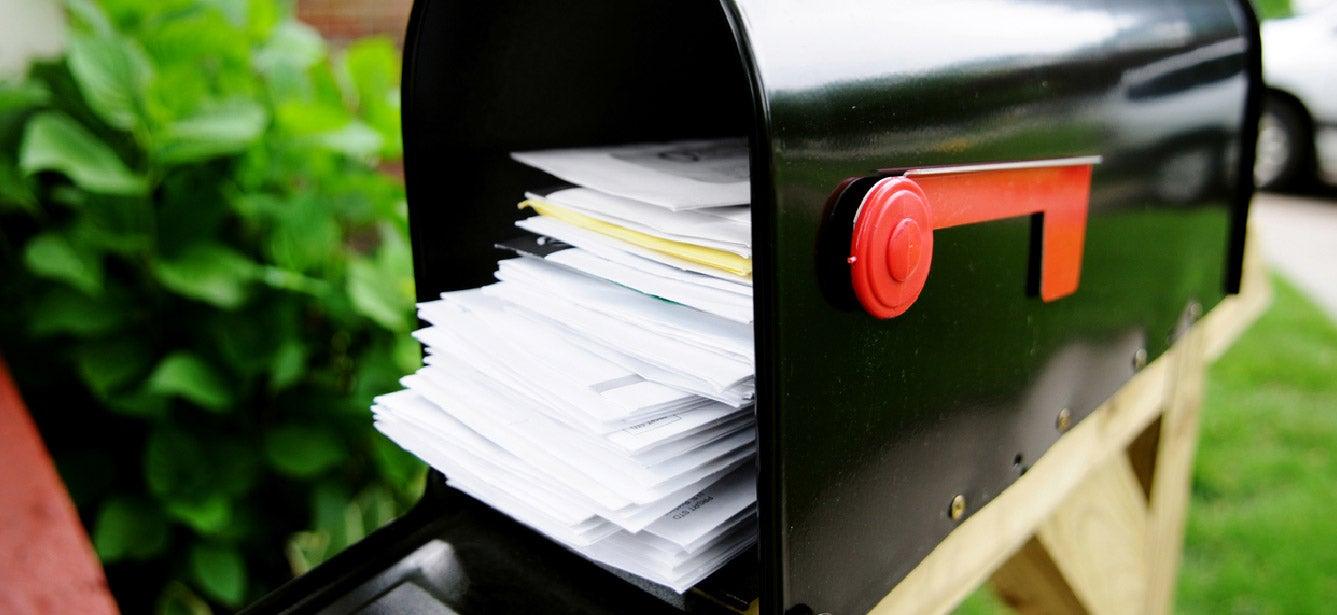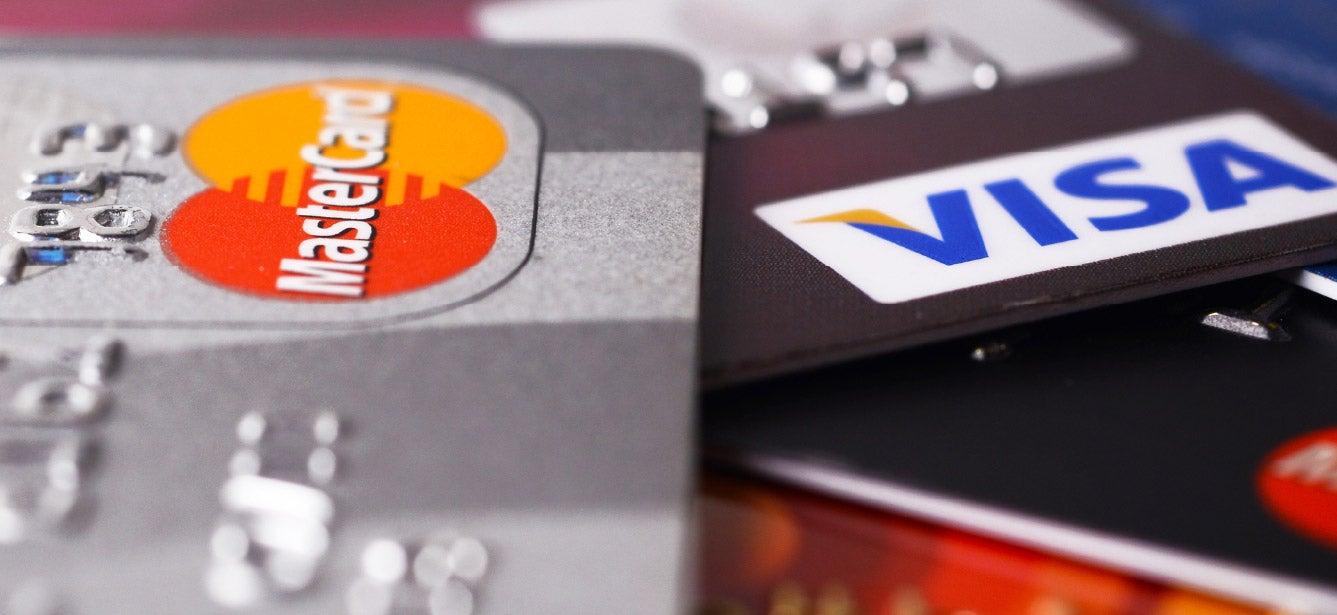
Related Topics
After a series of health emergencies, 62-year-old Denise Revel found herself facing thousands of dollars in medical bills. “It’s like a dark cloud over your head,” she told The New York Times in an article on rising senior debt.
Denise is not alone. Today, more older adults are carrying a debt load into retirement than ever before. For example, nearly 4 million adults age 65+ had unpaid medical bills in 2020, according to the Consumer Financial Protection Bureau (CFPB).1 In 2001, just 24.2% of older households held credit card balances; by 2016, that percentage rose to 34.2%.
How much debt does the average senior have? One 2019 report found that debt (any type) carried by people age 65+ jumped from $7,500 in 1989 to more than $31,000 in 2016.2
Low-income older adults are at especially high risk of having higher “debt stress,” or the ratio of debt to assets. A surprise expense, like a health crisis or home repair, can result in an overwhelming financial burden that can impact a person’s economic security, peace of mind, and even their health.
If you’re carrying debt and living on a tight budget, it’s easy to fall behind on payments. But it’s important to know that unpaid debt has consequences. One of these is the debt collection process.
What is debt collection?
Debt collection is when a creditor employs an internal or third-party collector to try to retrieve the money you owe them once they believe it's past-due. This “debt collector” may be a designated individual or department within the creditor's organization, a lawyer, or an outside debt collection agency. Debt collectors may also be companies that buy past-due debts from creditors and then take on the responsibility of collecting them.
Any type of unpaid consumer debt can fall into debt collection, such as:
- Credit card debt
- Personal loan debt
- Auto loan debt
- Medical debt
- Unpaid phone and utility bills
The debt collection process typically kicks in once a certain period of time has gone by without payment (e.g., you miss three or more monthly credit card) payments. At that point, any correspondence you’ve received from the original creditor will stop, and the matter will be handed over to the debt collector.
How does debt collection work?
The first time a debt collector contacts you, they are required to identify themselves immediately. They must also provide specific information about the debt they're attempting to collect. This includes:
- Your name and mailing address
- The original creditor's name
- The exact amount you owe, itemized
- The account number linked to the debt
- How to file a dispute if necessary
- The timeline for filing a dispute (usually 30 days)
Debt collectors may try to reach you at home or at work in a variety of ways—including by mail, phone, email, text message, or an in-person visit. If they're unable to reach you directly, collectors are even permitted to contact your family and friends to confirm your contact information. That said, all debt collectors must behave in a professional manner and follow specific rules of conduct that govern their industry.
What are the debt collector rules protecting me?
The Fair Debt Collection Practices Act (FDCPA) helps protect older adults and other consumers from threatening, abusive, or deceptive debt collection practices. These include:
- Using profanities
- Threatening violence or arrest
- Not properly identifying themselves
- Harassment (e.g., calling you repeatedly, or calling outside the hours of 8 a.m. to 9 p.m.)
- Insisting you owe more than you do
- Impersonating an attorney or police officer
If you feel you're being mistreated by a debt collector, or you suspect you're being scammed, take action by filing a complaint with the CFPB. You can also submit a complaint to your state’s attorney general.
What if I don’t agree that I owe a debt?
Billing errors and inaccuracies are common. Between March 2020 and December 2021, the CFPB fielded 1,072 complaints on medical debt from consumers age 62+. More than half of these complaints involved attempts to collect debt that was not owed.3
That’s why, when you’re contacted by a debt collector, it’s important to verify the debt is accurate. If you don’t believe you owe (or even own) the debt, you have the right to dispute it. You can do so by sending a written notice to the debt collection agency stating you're contesting the debt. Since there's a time limit on disputing a debt—typically 30 days from when you receive the initial collection notice—you should send your letter right away. Even better, send it via certified mail, which provides proof of delivery and receipt.
How does having a debt in collections affect my credit score?
After a debt collection agency contacts you, they can report the unpaid debt to the three credit reporting agencies (Equifax, Experian, and TransUnion). This debt will appear as a collection account on your credit report and may lower your credit score. A low credit score could make it harder to get a loan in the future and even affect your ability to enter assisted living or a nursing facility. It may also hurt your efforts to get a part-time job during retirement.
A collection account generally stays on your credit report for up to seven years—even if you pay it off. One exception to this is medical debt. In April 2023, the credit reporting bureaus announced they would remove all paid medical debts from consumer credit reports. They have also taken steps to remove all medical collection accounts with amounts of $500 or less.
While paying off your debt will not immediately erase your collection account from your credit report, it can help raise your credit score again over time.
What should I do if my debt is in collections?
No matter what, if you receive a debt collection notice about an unpaid debt, do not ignore it. Avoiding the situation may only make things worse. Your best bet is to address it head-on.
If you’ve determined the debt is valid and have no reason to dispute it, the next step is figuring out how to pay it. You have options when it comes to settling your debt and stopping debt collection activities. These include:
- Paying off the balance in a lump sum: This option makes sense if you have the cash to repay the debt in total. You may even be able to negotiate a lesser balance in exchange for paying it off.
- Requesting a repayment plan: The debt collector may be willing to accept monthly payments that allow you to settle the debt over time. It’s up to you to determine a payment amount you can manage, based on your personal budget and living expenses.
- Working with a credit counselor: If you're carrying a lot of credit card debt, consider working with a credit counselor to create a debt management plan. This plan can help you roll all of your balances into a manageable monthly payment. Once your creditors agree to this arrangement, debt collectors should stop contacting you altogether.
"Having an account in debt collections can be stressful if you’re an older adult with limited resources,” said Brandy Bauer, former Director of NCOA's MIPPA Resource Center.
But when you understand more about how it works, and the options available to you, the process becomes less scary," she said.
According to Bauer, there are various debt relief programs and services that can help you take back control of your finances and get a little more peace of mind. And if you're looking for smart budgeting tips, NCOA's Budget CheckUp can help you create a monthly budget and stretch your money further.
Sources
1. Consumer Financial Protection Bureau (CFPB). Health Insurance Doesn’t Protect Older Adults from Medical Debt. NCOA's Age+Action Virtual Conference. June 21, 2023.
2. Congressional Research Service. Household Debt Among Older Americans, 1989-2016. Sept. 11, 2019. Found on the internet at https://sgp.fas.org/crs/misc/R45911.pdf
3. Consumer Financial Protection Bureau (CFPB) Complaints. March 2020-December 2021.



